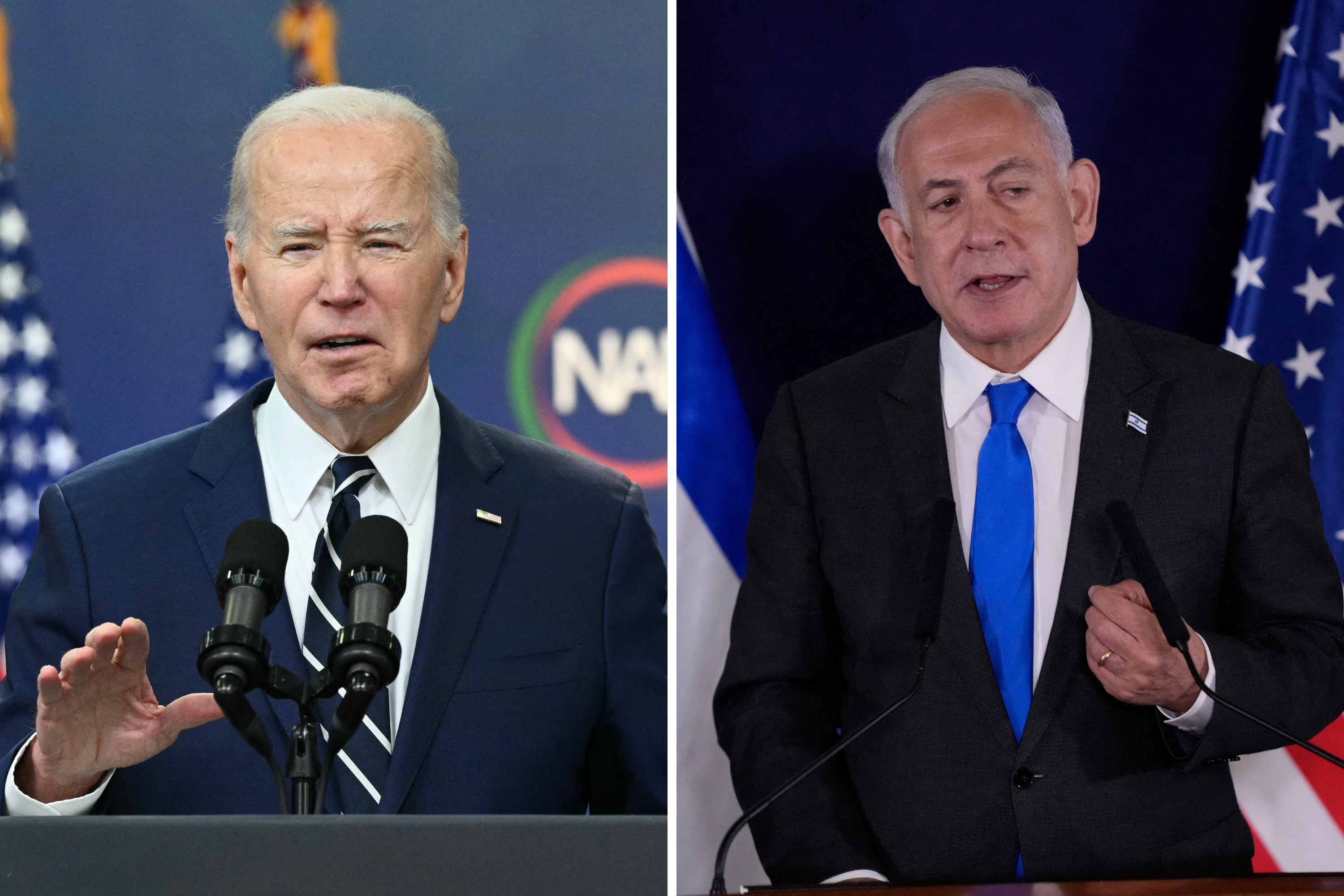In the Israeli-Palestinian conflict, history is littered with the wreckage of failed ideas crashed against the immovable boulders of entrenched interests. Choosing a new path is long overdue. Paradoxically, the unprecedented scope of the tragedy of Oct. 7 and the fighting that followed might open the door to a new path, with new leaders, who have unassailable moral authority: Mothers.
The world is asking for something visibly, tangibly different from Hamas's machine of terror or the Palestinian Authority's entrenched corruption. Meanwhile, stakeholders are desperate for any areas of agreement on which to build trust and eventual peace. A focus on children and those who are committed to protecting children is something we all agree on: we all want a better future for our kids. There is no controversy in wanting a 5-year-old to go to sleep without fear that the roof will cave in or that a terrifying man with an assault rifle will appear at the door. We can imagine a future 20 years hence when those kids are grown and building a safe, prosperous future.
To get to that future, the United States, United Arab Emirates, Saudi Arabia, Egypt, and Jordan should establish a Mothers' Committee for Gaza. The committee would work much like USAID does—it would have a pot of funds provided by these allies, and it would be responsible for approving projects and divvying up the funds. In order to accommodate the region's overtly patriarchal governments whose financial support will be critical to success, the committee would focus on "traditional" women's issues—at least to start. The mothers would make decisions about rebuilding schools, homes, and hospitals as their core mission. While many Western governments, particularly those with women and mothers serving as prime ministers, would roll their eyes at this committee's writ being restricted this way, focusing on children, housing, and health might be non-controversial enough that even Riyadh would support it.

The donor group will need to vet potential committee members for both loyalties and capacity. Plenty of women have been active supporters of Hamas, mothers included. While working in a Hamas-run ministry or having family members who worked for Hamas should not be a disqualification, support for terrorism should be. Ideally mothers would nominate themselves for consideration, but Egypt and Jordan have a strong enough grasp of the human landscape within Gaza to locate some educated and reasonable candidates.
The committee would be the executive body for distributing funds for reconstruction in these key areas. They would manage the pot of money, evaluate proposals for rebuilding, sign the checks, and provide oversight of the projects. They would have the power to fire a contractor for corruption or non-performance. Importantly, they would be responsible for prioritizing projects. In a disaster area as vast as Gaza, prioritizing the health and safety of children—rather than the Hamas priorities of new tunnels or doubling down on radical curricula for UN schools—will require an iron will to stand up to entrenched interests and remnants of Hamas. That speaks to a cold, hard realist calculation: the leaders in a mother's committee will be much harder for Hamas to assassinate. A group of mothers can claim a moral authority in a way few others can and would be martyrs in a way few others would, should Hamas attempt to remove them.
Women, and specifically mothers, have played this role in conflicts before—in essence, they have drawn upon their previous disenfranchisement as a strength, setting themselves apart from the mistakes and baggage of the past. Just three days before the Hamas attack, Women of the Sun, a Palestinian group, and Women Waging Peace, an Israeli group, met for a joint march for peace. One Palestinian organizer, Huda Abu Arqoub, said "Our message is that we want our kids to be alive rather than dead."
That's something to which every parent can relate. Women, specifically mothers, have engaged in this kind of solidarity before, from the Committees of Soldiers' Mothers in the Soviet Union, which pushed Moscow to pull out of Afghanistan, to the Argentinian Grandmothers of the Plaza de Mayo, which visibly protested forced disappearances with white headscarves, to the Four Mothers campaign in Israel, which argued for ending Israeli operations in Lebanon. In the Philippines, the Association of the New Filipina explicitly tied children's health needs to calls for peace, and similar strategies have been used in Afghanistan, Lebanon, Sudan, and Uganda.
Myriad further examples exist in the former Yugoslavia, Mozambique, Burma, Sierra Leone, and Sri Lanka. Finally, women have been leaders in the Palestinian territories before. Hanan Ashrawi served at the highest levels of the Palestinian Authority for decades, including in cabinet-level leadership, and Palestinian women's movements date back to the 1920s.
Some will contend that this approach unfairly excludes men, who also have a stake in rebuilding. That's a rich argument in a region infamous for its treatment of women. But the exclusion of men is exactly why it might work. Both Hamas and the PA are exceedingly male-dominated. Hamas used rape as a very deliberate weapon of war in its invasion of Israel, and it intentionally put Gaza's children at risk by using schools as hideouts and tunnel openings. The Palestinian Authority is generally viewed as corrupt and far more interested in lining its own pockets than building a better future for Palestinian children. A Mothers' Committee for Gaza would be a real and visible change. After decades of trying the same, failed strategies over and over, it is time to give the reins to a new set of leaders with the moral authority to bring Gaza back to peace. It's a moment for mothers.
Emily Harding is the director of the Intelligence, National Security, and Technology Program and deputy director of the International Security Program at the Center for Strategic and International Studies in Washington, D.C.
The views expressed in this article are the writer's own.
Uncommon Knowledge
Newsweek is committed to challenging conventional wisdom and finding connections in the search for common ground.
Newsweek is committed to challenging conventional wisdom and finding connections in the search for common ground.
About the writer
To read how Newsweek uses AI as a newsroom tool, Click here.






